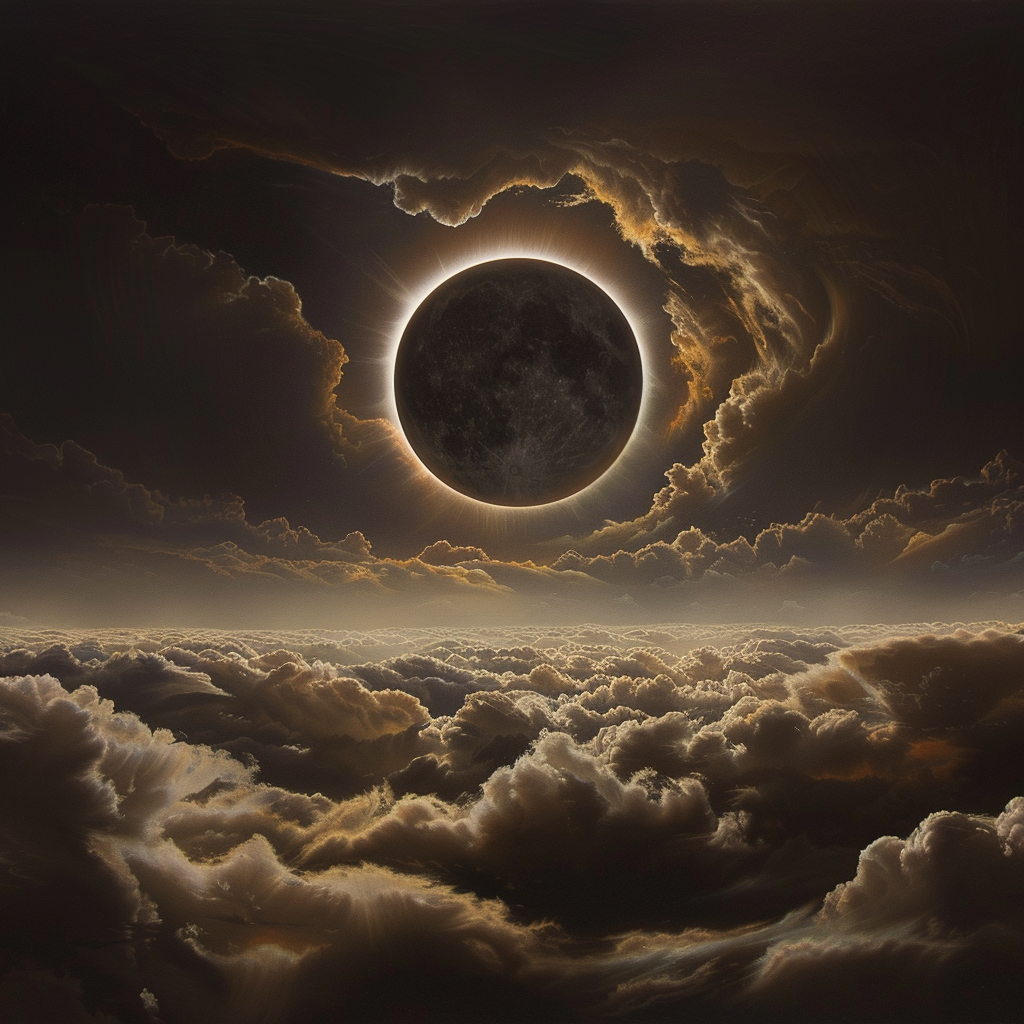
Gardening by the Cosmos: How the Upcoming Eclipse Affects Your Garden
Compartir
Introduction
Have you ever wondered what happens to your garden when the day suddenly turns to night? With an eclipse just around the corner, it's the perfect time to explore how this celestial event can impact your garden. Beyond its awe-inspiring beauty, an eclipse can affect plant growth, animal behavior, and even the way we should approach gardening during this period. This blog will illuminate the mysterious effects of the solar eclipse on your garden and offer tips to harness its power for a thriving garden.
The Cosmic Influence on Plants
The Science Behind It
Plants have adapted to the regular rhythm of day and night, known as the circadian rhythm. This natural cycle influences their processes, such as photosynthesis, hydration, and growth. An eclipse disrupts this rhythm temporarily, which can cause noticeable changes in plant behavior. Some plants may close their leaves or flowers, mimicking their night-time behavior, while others might slow their photosynthesis process due to the reduced sunlight.
Observing Your Garden
This eclipse presents a unique opportunity for gardening enthusiasts to observe firsthand how plants react to unusual light conditions. Note any changes in your garden during the eclipse – do flowers close? Do leaves droop? Capturing these changes can deepen your understanding of your plants' needs and behaviors.
Gardening Practices During an Eclipse
Preparing Your Garden
While the eclipse is a short-lived event, taking a few simple steps can ensure your garden remains unaffected. Ensure that your plants are well-watered the day before the eclipse. Hydration will help them withstand the temporary lack of sunlight without significant stress.
Embrace the Moment
Use the eclipse as an opportunity to pause and engage with your garden in a new way. Observing the quiet and the gradual dimming of light can be a meditative experience. It's also a chance to document the behavior of plants and wildlife, contributing to citizen science projects or your gardening journal.
Eclipse Gardening Myths
Let's debunk a common myth: the idea that an eclipse can harm your plants. Scientific evidence suggests that the temporary darkness and cooling temperatures during an eclipse do not harm garden plants. Instead, the changes are brief and usually not significant enough to affect plant health adversely.
Post-Eclipse Care
After the eclipse, it's business as usual in the garden. There's no need for any special care or recovery measures. However, this event provides a great segue into assessing your garden's health and making any adjustments to your care routine.
Conclusion
An eclipse is a reminder of the grandeur of the universe and its effects on our planet, including our gardens. While the direct impact of an eclipse on plant life is minimal, the event offers a unique perspective on how interconnected our world is. As gardeners, embracing these cosmic events can enrich our understanding and appreciation of nature's intricate balance.
This blog aimed to shed light on the fascinating intersection between astronomy and gardening, hopefully inspiring you to look at your garden through a new lens during the upcoming eclipse. Remember, gardening by the cosmos isn't just about reacting to celestial events; it's about understanding the rhythm of nature and how we, along with our gardens, are a part of something much larger.
Happy gardening, and don't forget to look up from your plants to witness the wonder of the eclipse!
